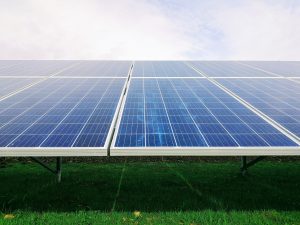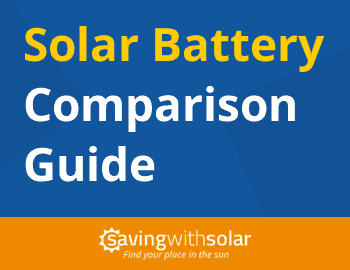Australia’s wineries go green using solar energy
More Australian wineries are turning to the sun, making the switch to solar power to help in wine production. Driven by rising costs of electricity from non-renewable sources, lower costs of solar power installation, and the potential benefits of producing own power, many wineries haven taken the bold step of investing in more renewable sources. By utilising solar energy for growing grapes and producing wines, wineries in Australia can both save on major costs and reduce their overall carbon footprint.

Electricity is the biggest expense in wine production
For most wineries in Australia, electricity is their largest expense item in the production of their wines. The Australian Energy Market Operator (AEMO) estimates that around 40% of expenditures of wineries go towards electricity, whilst the South Australian Wine Industry Association (SAWIA) says that refrigeration eats up 50-70% of total power costs. Thus, it is no surprise that vineyards look for ways to reduce energy expenses.
Investing in renewable sources makes sense that will drive electricity expenditures down, lower overhead costs, and improve margins. For producers of quality Australian red wines, solar power not only reduces energy costs, but also maximises commercial roof space and reaffirms their commitment to a lower carbon footprint.
Incentive to attract investments in solar power
Solar power adoption surged in Australia in 2008, and even though costs of materials and installation were high, government incentives were also widely available until 2011. Between 2011-14, the prices of solar systems fell. From 2014 to present, there is relative stability in the solar system industry. Photovoltaic (PV) system prices are down significantly and there are existing incentive schemes for solar panels and batteries that are offered at state level, making investments in the area still attractive.
For 2020, interest-free loans up to $9,000 for a solar battery and $14,000 for a solar PV and battery storage system for households with an annual income of $180,000 or less are available. Under the Small-Scale Renewable Energy Scheme, both households and smalls business in Australia that install small-scale renewable energy systems may be eligible for assistance to help with the purchase cost. Eligible participants may be entitled to small-scale technology certificates which can be sold to recoup a part of the purchase and installation cost.
Wineries adopt renewable power sources
An independent report produced by AgEconPlus revealed a 13% increase in the economic contribution of the wine industry since 2015 or an increase of roughly 3% per year. Strong wine exports are largely responsible for recovery in the wine sector. But, the competition is tough and the over 2,000 wineries in Australia have to stay competitive.
In fact, wineries were some of the earliest adopters of solar energy, with dozens in South Australia harnessing solar energy for wine production. Some wineries that have in excess of 100kW solar systems include D’Arenberg, Wirra Wirra, Sidewood, and Peter Lehmann. Recently, Pernod Ricard has become the first large wine company in the country to achieve 100% renewable electricity with the completion of Australia’s biggest combined winery solar installation. According to the winery’s chief operations officer, Brett McKinnon, “being sustainable and responsible is an important part of their business and they want to reduce their impact on the communities where they operate”.
Australian wineries recognise the opportunities to tap into solar energy and enjoy the cost-saving and environmental benefits. Using renewable sources not only lowers electricity costs, but also fulfils a company’s global-minded goals.

